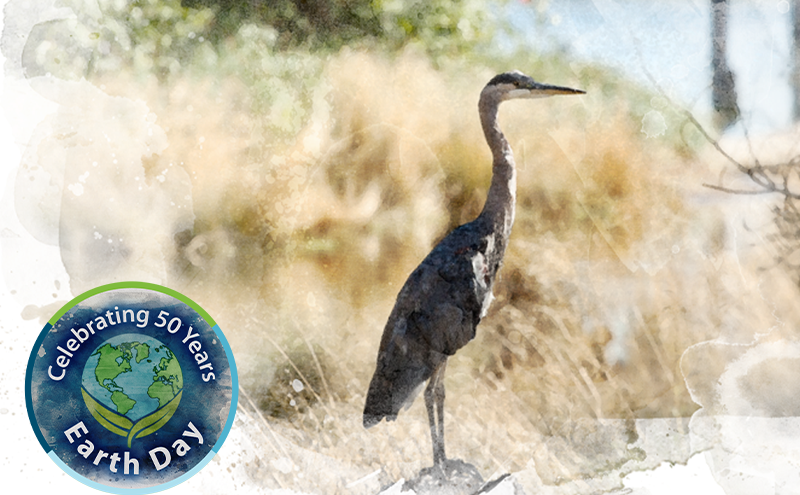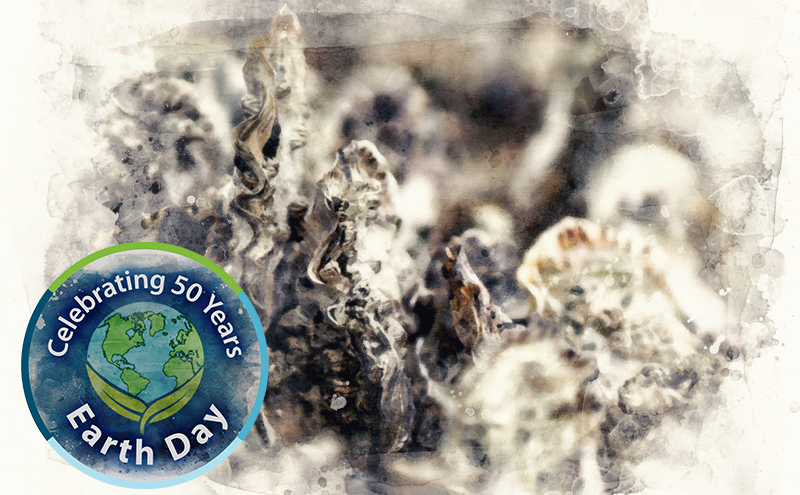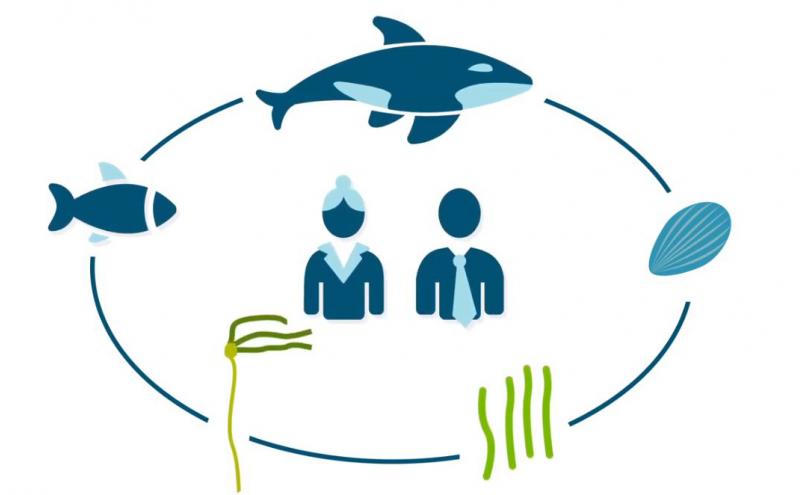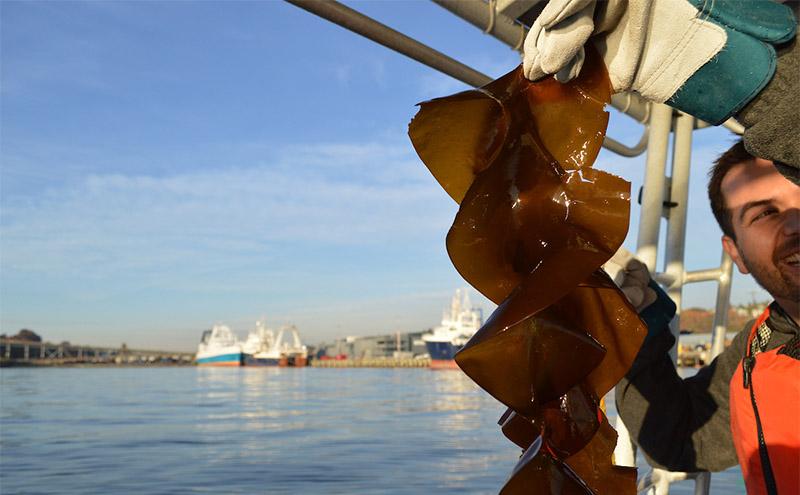Water water everywhere. It’s one of our most important natural assets in the region, and we're working hard to preserve and improve water quality. Our local actions in the Sound have wider impacts on the health and ecology of our ocean.
To celebrate #WorldOceansDay, here are examples of how the Port is taking local action to protect our blue planet and #ProtectOurHome.
Blue Carbon Project:
Planting kelp, eelgrass, and a native oyster bed at the north end of Smith Cove in Elliott Bay to establish salmon habitat.
Bio Barge Project:
A bio barge is a floating island that provides “stepping stones” for salmon migrating through the Duwamish River estuary on their way into salt water. The structures will improve water quality and generate food and habitat for juvenile Chinook salmon.
Here’s why these projects are making an impact.
1. Kelp beds make a healthy home
Canopy-forming kelp and eelgrass beds are keystone habitats for numerous fish and wildlife species, including Chinook salmon, the primary food resource of southern resident killer whales. The Port of Seattle planted kelp beds at Smith Cove for the Blue Carbon pilot project to establish new habitat sites for salmon.
2. Marine plants can change the pH of the water
Acidification is one of the major threats facing Puget Sound. By removing dissolved carbon from the water, kelp, eelgrass, and salt marsh buffer acidification and provide beneficial habitat for oysters and other pH sensitive species. The Port planted kelp beds in Smith Cove and wetland plants on the bio barges.
3. Oysters are an efficient natural filtration system
The Blue Carbon project built a native oyster bed in Smith Cove with a goal to support over one million oysters. One single oyster siphons up to two gallons of water per hour, removing particulate matter and contaminants. These shellfish will potentially filter up to 50 million gallons of Elliott Bay water every day.
You can help by building an oyster barrel system at home to filter storm water and protect our local waterways.
4. Aquatic plants dissolve carbon and protect the environment
In Puget Sound, kelp, eelgrass, shellfish, and salt marsh are important elements in blue carbon processes, dissolving carbon at a significant rate — as much as a ton of CO2 per acre per year. The Smith Cove project is expected to sequester 10 tons of carbon every year, or the equivalent of more than 1,000 gallons of gasoline combustion.
5. Bio barges act as “stepping stones” for salmon
The Port has created four bio barges that provide stopping points for salmon migrating through the Duwamish River estuary on their way into salt water. The structures help improve water quality and generate food resources for juvenile salmon.
The bio barges are built with a system of wetland bio-filters with multiple layers, including wire baskets, wood straw, Mycoboard©, soil media, and wetland plants. The plants take up pollutants through their roots, which are suspended in the water column, while also providing shade and refuge from larger predators.
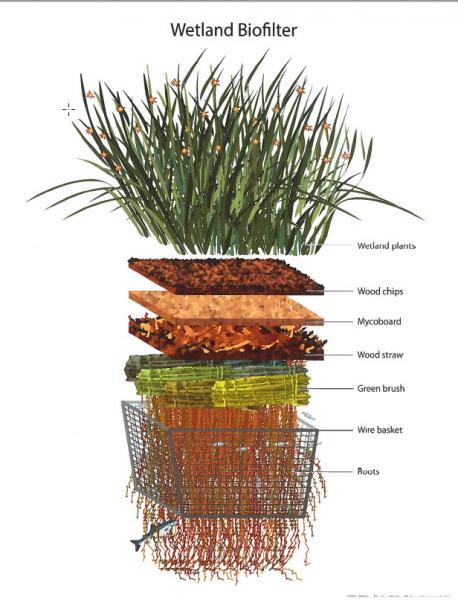
The barges were grown at the Port's Terminal 102 on Harbor Island and recently towed to different sites on the Duwamish to be studied. Three of the sites are at Port facilities, including Terminal 25, Terminal 108 and Terminal 107, while one will be towed to a Boeing site at River Mile 3.5.

